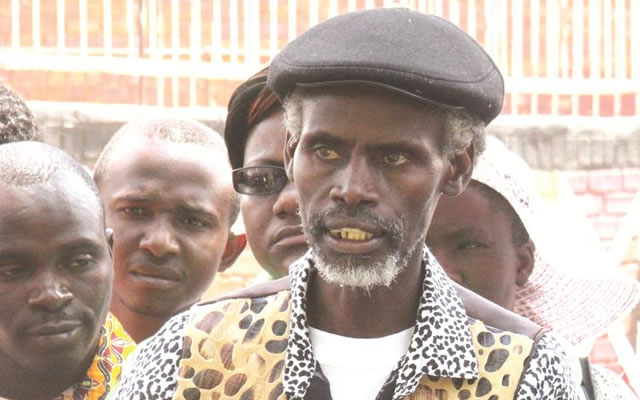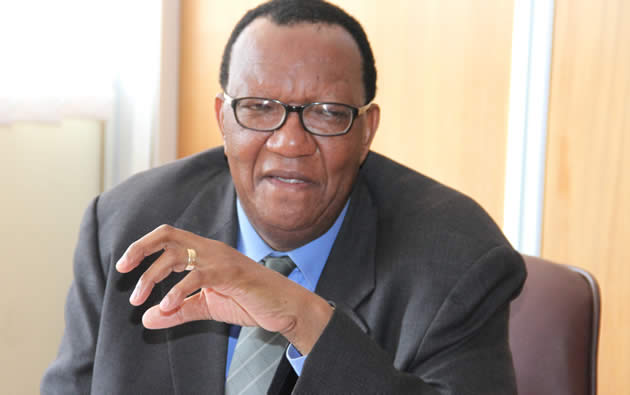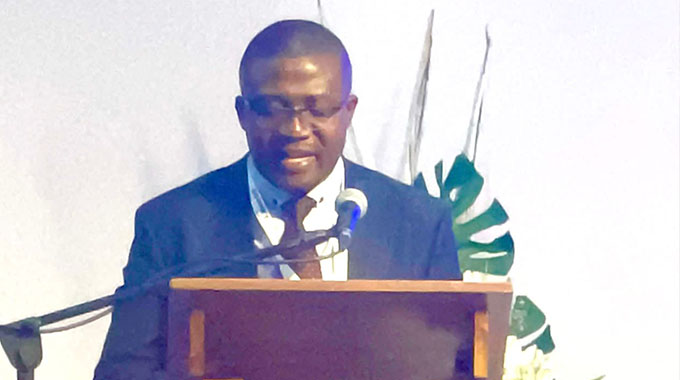Amakhosi clinches degreased bones export deal

Business Reporter
BULAWAYO’S Amakhosi Cultural Centre is not just about arts and culture but business as well.
The iconic arts centre, run by veteran film producer Cont Mhlanga, has clinched an export deal to supply degreased bones to foreign firms.
Mhlanga confirmed the unusual venture, which he said was part of an industrial processing initiative pioneered by Amakhosi in partnership with the National University of Science and Technology (Nust).
“Yes we’re doing the project but it’s not about bones only but a broader industrial processing and manufacturing venture,” said Mhlanga.
“Amakhosi signed an MoU with Nust last year to undertake an industrial and manufacturing initiative. On this one we’ve received an export order to supply 500 tonnes of degreased bones.”
He said Amakhosi has since engaged a group led by one Madabuka Moyo, to collect bones around the city of Bulawayo for stockpiling before being exported.
“We started collecting the bones in January and Moyo is doing the task with his team. After collection we grade the bones and clean them before packing them in 50kg quantities. This is a serious project that government is aware of.
“Industry and Commerce Minister Mike Bimha visited us during his last visit to Bulawayo and was impressed with the venture,” added Mhlanga.
Moyo said 2,400 kilogrammes of degreased bones have been collected so far and revealed plans to recruit more people to collect bones.
“We’ve intentions of employing more than 50 people to collect bones. This project will create employment for people without any qualifications. These bones are found everywhere in the different suburbs around the city,” he said.
Mhlanga said the export demand was an eye opener for Bulawayo industrialists to take a leaf from the creativity of foreign firms.
“It’s high time that we change our production models as a country and focus on processing industries. This is the only way to revive the economy.
“These bones will be used to make various products such as glue, cups, plates, and even fertiliser, which we import,” said Mhlanga.
He said Amakhosi was geared to be one of the partners in developing processing industries.
“It’s high time we set up our own processing firms rather than producing raw materials for them,” Mhlanga added.
He revealed that Amakhosi has engaged Lupane Rural District Council and the local board, businesses, academics and engineers to join hands in establishing a processing hub in Lupane.
Mhlanga, who hails from Lupane, said the district was a suitable processing industry hub given the vast resources it has such as gas, timber, coal, livestock and wildlife.
“Industries must be set up in resource areas to create jobs for many. With the discovery of gas and coal, Lupane can have coke, furniture and fertiliser companies,” he said.











Comments